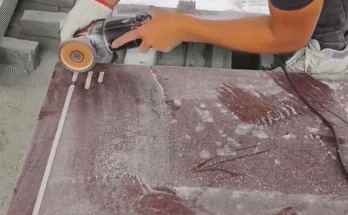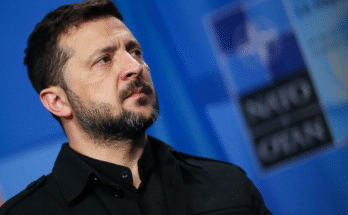Washington D.C. – The Pentagon remains cautious regarding the full success of overnight U.S. airstrikes on Iran’s nuclear facilities, with officials indicating it’s too soon to determine if Iran’s nuclear capabilities have been fully neutralized. Despite President Donald Trump’s earlier pronouncement of “spectacular military success,” Defense Secretary Pete Hegseth and Joint Chiefs Chair Gen. Dan Caine acknowledged that while the three targeted sites sustained “severe damage,” a complete assessment is pending.

Speaking from the Pentagon on Sunday, June 22, 2025, Secretary Hegseth insisted that “Operation Midnight Hammer,” the code name for the strikes, was not aimed at regime change in Tehran. Instead, the mission’s objective was to “neutralize” Iran’s ability to develop a nuclear weapon after what he described as months of Iranian “stonewalling” on negotiations.
The extensive operation, launched late Friday, involved seven B-2 Spirit bombers on an 18-hour flight from the continental U.S., supported by over 125 aircraft and a guided missile submarine. This mission marked the first operational use of the GBU-57 Massive Ordnance Penetrator, a 30,000-pound bunker-busting bomb, with fourteen of these powerful munitions striking the heavily fortified Fordo nuclear facility. The 25-minute strike represented the longest B-2 bomber mission since 2001.
General Caine echoed Hegseth’s caution, stating that while the sites suffered “extremely severe damage and destruction,” a final damage assessment would require more time. Hegseth, seeking to downplay the risk of a broader conflict, noted the operation’s “intentionally limited” scope, emphasizing it was a clear message to Tehran.
Concerns about potential Iranian retaliation against the more than 40,000 U.S. troops and Defense Department civilians in the Middle East persist among officials and lawmakers. General Caine confirmed that U.S. Central Command has “elevated force protection measures,” particularly in Iraq, Syria, and the Persian Gulf, warning that any Iranian retaliation or proxy attacks would be “an incredibly poor choice.”
The highly secretive nature of “Operation Midnight Hammer” was highlighted, with B-2 bombers executing a decoy flight west into the Pacific before the actual strike force proceeded to the Middle East. Caine expressed particular pride in the operation’s security and secrecy, which he noted was of “great concern” to the president.
Secretary Hegseth, who has previously faced scrutiny regarding his handling of sensitive information, stated that lawmakers were notified of the airstrike “after the planes were safely out,” adhering to the administration’s obligations under the War Powers Act. Despite recent U.S. intelligence assessments suggesting Iran was not actively building a nuclear weapon, Hegseth defended President Trump’s “bold action,” asserting Trump’s conclusion that the Iranian nuclear program presented a threat.
The U.S. strikes have provoked varied reactions on Capitol Hill. While some Republican hawks, including Sens. Tom Cotton, Lindsey Graham, and Ted Cruz, had previously urged military action against Iran, influential “America First” figures like Steve Bannon and Tucker Carlson had voiced strong opposition to U.S. intervention. Although many initial skeptics “fell in line” after Trump’s announcement, some GOP opponents and Democrats immediately questioned the legality of the strikes. Rep. Thomas Massie (R-Ky.) declared the action “not Constitutional” on social media. Rep. Alexandria Ocasio-Cortez (D-N.Y.) called Trump’s move “absolutely and clearly grounds for impeachment,” criticizing the president for “impulsively risked launching a war that may ensnare us for generations.”
Generate Audio Overview


